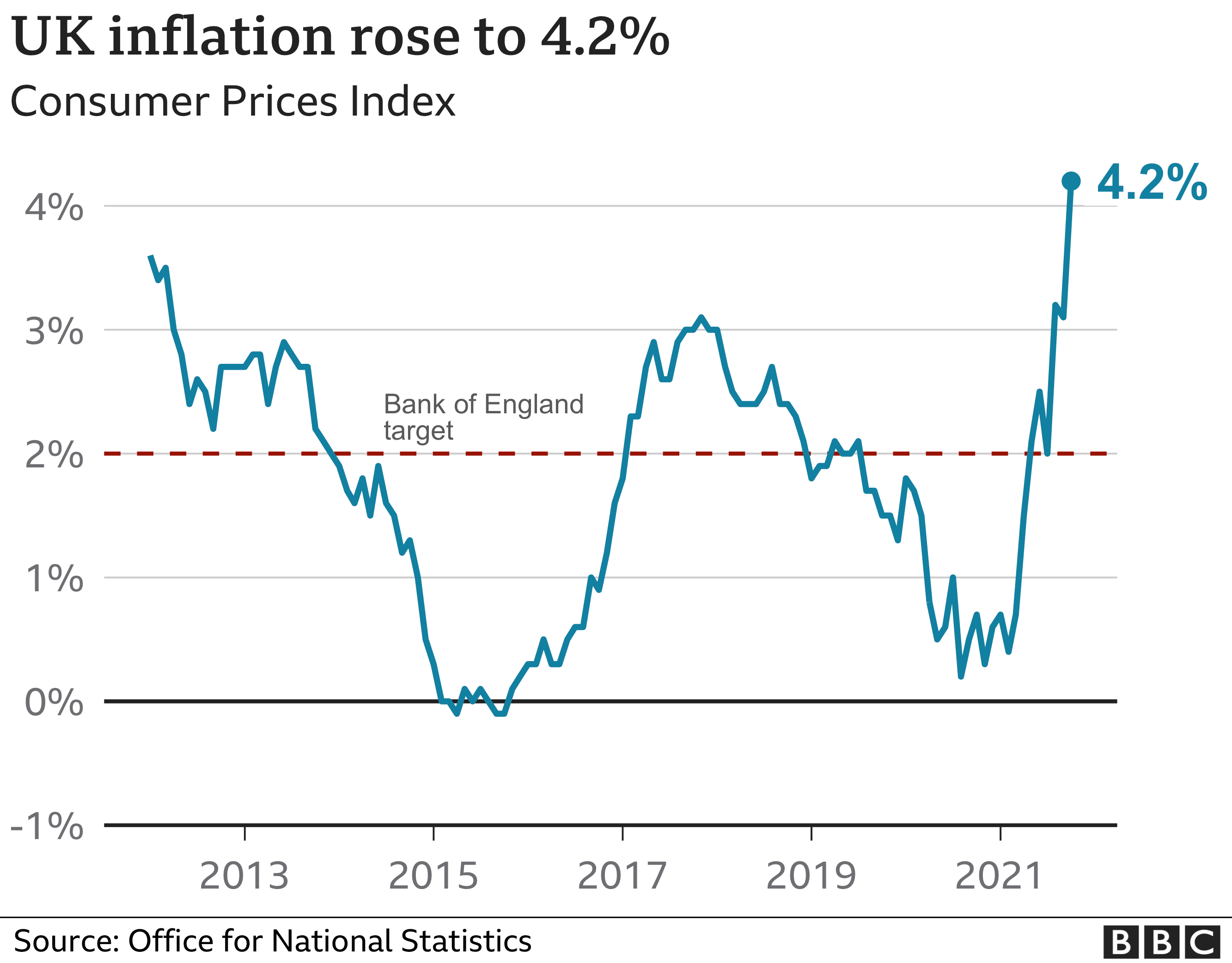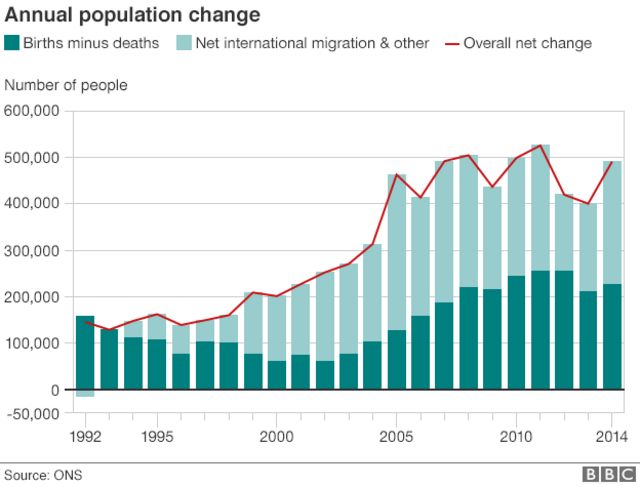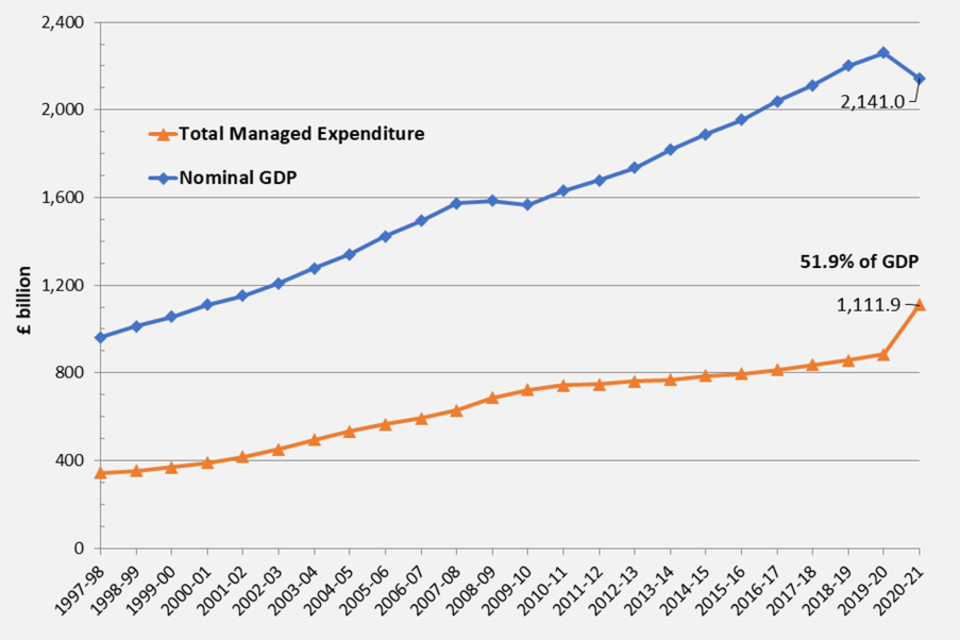right-libertarians are a cancer on reason: if you twist and misrepresent a word to mean whatever you want, then you can reason blood out of a stone. be ashamed! you are embarrassing yourself!
My understanding of austerity is deficit reduciton. It could be achieved by increasing tax revenues, but as this approach is often unpopular, austerity usually means reducing government spending. Do you have a different understanding of the term? Wikipedia also says the [https://en.wikipedia.org/wiki/United_Kingdom_government_austerity_programme](U.K. austerity) was "a deficit reduction programme" according to the Conservative-led government, but alludes to a sinister "primary, largely unstated aim." Whatever the aim, it is fair to ask the empirical question of whether spending was, in fact, reduced. Wikipedia claims that "between 2010 and 2019 more than £30 billion in spending reductions have been made to welfare payments, housing subsidies and social services" citing the NYT article "What Is Austerity and How Has It Affected British Society?" The NYT does not say that reductions were "made," merely that reductions were "announced," adding that "The British government disputed those findings". NYT, alas, provides no source, but the UK provides budget data. At reputable-looking gov.uk sources I find only annual statements, so I'll rely on statista.com for a historical summary. Welfare Payments I can't be sure how well these budget categories match what NYT mentioned, but we see a clear increase from £100 billion to over £200 billion over two decades. Housing Subsidies This much smaller category shows increase from £11 billion to £24 billion in 2014, then reduction to £16 billion in 2021. The NYT range of 2010 to 2019 shows a 15% reduction from £21.4B to £18.4B. Three billion over a decade is less than the increase in most single years in the previous chart. "Sure, spending has been moved around a bit; some areas have gotten more money and others less." Social Services Inflation-adjusted spending has increased every year since 2007, smoothing over the pandemic spike. Do enlighten me as to how I have misunderstood the definition of austerity. Or perhaps inflation, or population growth, or something else, means that these charts misrepresent reality.


If you assert a strong opinion, try to back it up with facts, or an insightful rationale.
my short answer is that you are ideologically fettered in your thinking and unbelievably naive. in short, you are a libertarian.
yes, of course inflation and population growth change things, you goon - a real human being would consider that from the beginning instead of trying to score cheap points. the point is that looking at total spending is moronic: discounting "some areas getting more money and some getting less"? are you joking? here's a quick hint: in countries with positive inflation and population growth, absolute spending will always increase from year to year barring cuts that go beyond their combined effects. wow holy shit that's crazy would you look at that - are those externalities that I see? no, no, we can't have that!


Full credit for name-calling and sarcasm, but I don't see anywhere that you disagree with anything I said. Did I "twist and misrepresent a word" leading me to expect significant reductions in spending with all the talk of austerity? Yes, Cameron said some words about "transparency" and "tough decisions" but I don't see any change in the data while he was in office, at least not in the direction suggested by the headline. Instead of newspaper coverage of the promises of politicians, try the Office for National Statistics to see what's actually happening.
your analysis of the data is flawed, your chosen statistics too few, and you're playing word-games with "austerity" to define it as narrowly as you can to make yourself right. jerk off on someone else.

